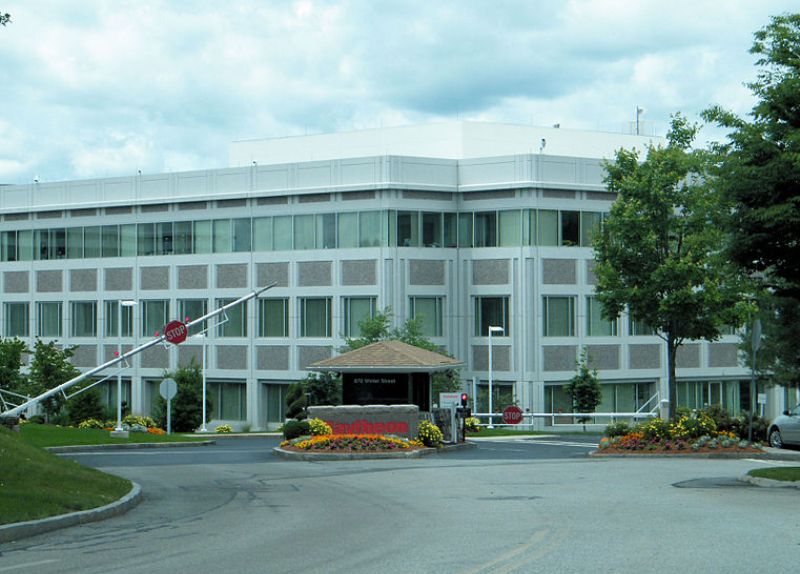
Raytheon has agreed to a merger deal with United Technologies (UT) to create a company serving the aerospace and defence industries.
The all-stock merger will create a premier systems provider with expanded technology, research and development (R&D) capabilities to deliver innovative and cost-effective solutions.
The new company, which will be known as Raytheon Technologies, is expected to offer all-platform aerospace and defence technologies with a focus on high-growth segments.
Raytheon chair and CEO Tom Kennedy said: “Today is an exciting and transformational day for our companies and one that brings with it tremendous opportunity for our future success.
“With our enhanced capabilities, we will deliver value to our customers by anticipating and addressing their most complex challenges, while delivering significant value to shareowners.”
The merger will include UT’s subsidiaries Collins Aerospace and Pratt & Whitney, while its Otis elevator and Carrier air-conditioning businesses will not be a part of the Raytheon merger deal.
Otis and Carrier are on track to be separated from United Technologies in the first half of next year.
UT chair and CEO Greg Hayes said: “The combination of UT and Raytheon will define the future of aerospace and defence.
“By joining forces, we will have unsurpassed technology and expanded R&D capabilities that will allow us to invest through business cycles and address our customers’ highest priorities. Merging our portfolios will also deliver cost and revenue synergies that will create long-term value for our customers and shareowners.”
Raytheon shareholders will be entitled to receive 2.3348 shares in Raytheon Technologies for each share held by them.
Under the Raytheon merger deal, United Technologies shareholders will own around 57% of the combined company, while Raytheon shareholders will hold the remaining stake.
For Raytheon, the merger will help the advancement of hypersonic and future missile systems, directed energy weapons, intelligence, surveillance, and reconnaissance in contested environments, and cyber protection for connected aircraft.
The availability of greater R&D funding and capabilities through the merger will help develop new critical technologies faster.
Furthermore, the combination will ensure strong cash flow generation and balance sheet. The merger is projected to yield gross annual run-rate cost synergies to the tune of $1bn by the end of the fourth year.
The new company will have annual sales of approximately $74bn. Completion of the merger is expected to take place in the first half of next year subject to antitrust regulatory approvals and other closing conditions.



